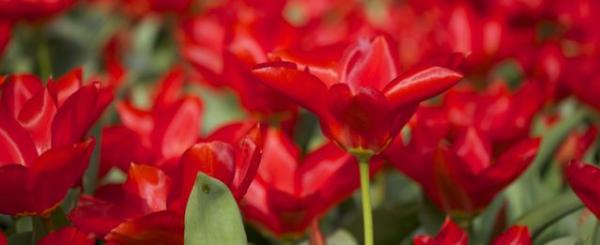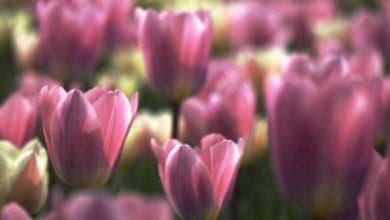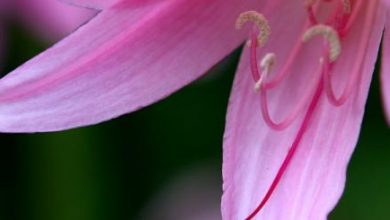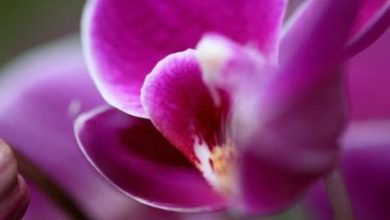IT’S A HIJAB, NOT A HALO!

I’m still a newbie at this; at a stage where the wardrobe malfunctions have been reduced, but not quite at the stage where I’m used to the slight loss of peripheral vision when I drive. I have yet to figure out a graceful way to wear my sunglasses or use my iPod without messing up the whole symmetry of my scarf. I still don’t know how to sleep comfortably on long haul flights without the worry of my whole scarf coming undone. But these are minor issues, which I’m sure time will solve.
However, I’m still not used to being deemed as an authority on Islam just because of what I wear. During a round table discussion on Islamic financing, attended by experts in the field, I suddenly found thirteen pairs of eyes looking my way whenever a point of Islamic fiqh had to be confirmed or validated. This attention was most likely due to my hijab rather than my credentials.
On a personal level, people frequently ask me questions about Islam –people who had always known I was Muslim, but had never quite appreciated the fact until my outward look was revamped. I walk down corridors, and instead of getting the normal greetings, some people literally stand to attention and give me Salam. This new look has provoked surprising reactions.
So, like it or not, the final and defining characteristic of a pious Muslimah appears to be her clothing. It is drilled into our psyches as one of the most crucial elements of a Muslimah’s faith and identity.
But what about the bigger picture?
I have been told that the piousness of a Muslimah is evident in her face. Her expression is calm and tranquil; she carries herself with a serenity that is unperturbed by external circumstances. Her conduct is patient and unhurried; her tongue does not react in anger and spite, but rather remains moist with the remembrance of Allah. There are no frowns of anguish on her face, because her heart is at peace and she is contented with Allah’s bounties upon her.
That peacefulness, in turn, is borne out of her surrender to the will of Allah, and her desire to please Him.
It has been said that her actions towards others are kind and considerate. She keeps herself clean, physically, emotionally, and spiritually. She does not commit injustice nor oppression upon herself or those around her. She guards her modesty, carries herself with humbleness and humility, and is generous and honest in her dealings. She does not gossip, speak ill, or pry. She is swift to sacrifice her money, time, energy, and even emotions for the sake of Allah. She is aware of her multiple duties in life, as a daughter, a wife, a mother, an educator and the nucleus of the Ummah from which the new generation of Muslims is propagated.
When Allah gives her light, she radiates that light and illuminates those around her. From that springs the true and rare beauty of a Muslim woman.
And I question myself, because I know that I don’t even own a fraction of these qualities. They do not manifest just from donning the hijab. Such attributes, with the mercy of Allah, can only be obtained by individual spiritual journeys, through learning, understanding and implementing the Deen. The hijab is only a brush stroke on the canvas within a much bigger picture. Without it the work is incomplete, but it is not the sole element that makes the painting. And my own canvas is incomplete and riddled with mistakes.
By wearing the hijab, voluntarily or otherwise, we have presented ourselves as the role models of Islam. Hence whenever a hijabi does something wrong, the effect and repercussions are amplified in the eyes of the observers. Perhaps this is the reason that non-Muslims and non-hijabis are puzzled and often discouraged by the apparent disconnect between the adornment of the scarf and the beauty of Islam.
Hence, people are understandably bewildered when they see hijabi women backbite, quarrel, complain and unable to keep their rudeness or tempers in check. People question why some hijabis are fully compliant in their physical appearance, yet negligent with their Salah. People get a bad impression when they see some hijabis behave hysterically at concerts and football matches, flirt openly and behave lewdly. People wonder why selfish, stingy, arrogant and even abusive behaviour can be seen permeating through the physical barriers of veil. And ultimately, the sum total of all these incidents has led many to conclude that Islam starts and stops at the hijab.
So, let me make a general appeal. The hijab is not a halo. It does not render the wearer superhuman qualities. Underneath the garments is a normal human being with her own flaws and imperfections. And like everyone else, she is also susceptible to mistakes.
The scarf protects against a particular sin but it does not by itself eradicate negative habits and manners. Self-development remains an individual struggle which all of us, hijabis or not, should strive to overcome on a daily basis.
Thus I have come to realize that the scarf is neither the beginning nor the conclusion, it is merely one of the steps in our journey towards Allah.
The inner struggle continues:
- to be constantly thankful and submissive to Allah for all His bounties upon us and what He has chosen for us.
- To remember Allah in the good times and the bad.
- To find peace and spread that peace within society.
- And ultimately, to instill true shyness within ourselves –not just in the eyes of men, but also front of Allah for our conduct.
Let me be the first to admit it – I am so far from the ideal. I stumble, I freak out and I lose it sometimes. And it worries me whenever I deal with others because how I behave is no longer a reflection of myself as an individual, but rather a reflection of the Ummah as a collective. It was not a role that any of us asked for, but it came as part of the package when we started wearing the hijab and externally identified ourselves as Muslim women.
And now, I constantly ask myself – will my behaviour repulse others from Islam, or attract them towards it? The former is a scary thought. The latter, something to aspire towards.
I can only appeal to non-hijabi sisters sitting on the fence to forgive the occasional poor manners displayed by the hijabi sisters. Instead of judging them, please make du’a for them to rectify their shortcomings and be better ambassadors of our Deen. And ultimately, remember that the only relevant issue is what Allah wants of you, not how others behave.
The journey continues for all of us: whether hijabi or on the way to becoming one inshaAllah.
Originally written by Muslim Footsteps admin and published on http://www.igotitcovered.org/2012/05/18/its-a-hijab-not-a-halo/





Is it a must in islam to wear niqaab?
No, it is not compulsory in Islam to wear a nibab, however, all of the Prophet’s SAW wives wore them because of their honored position, and it was not fitting for them to have their faces seen by the general public (men) in society.